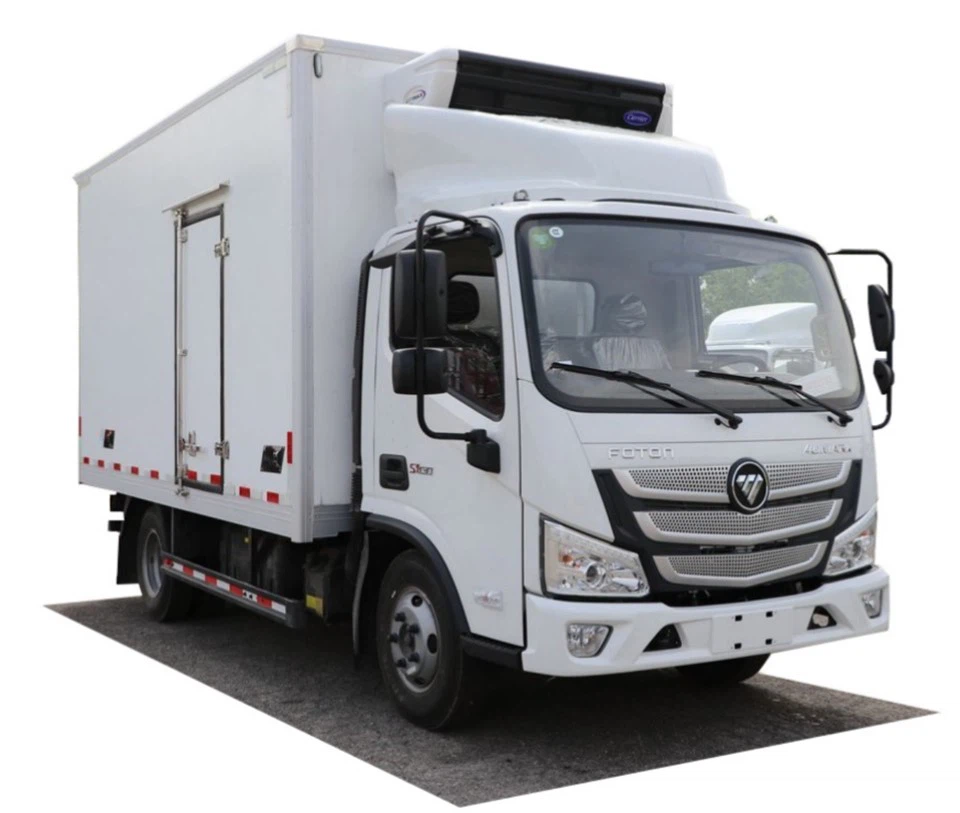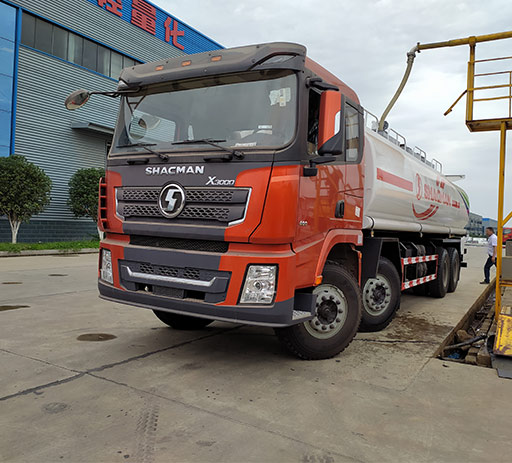Lorry and Truck: Understanding the Differences and Innovations

Introduction
When it comes to commercial vehicles, the terms “lorry” and “truck” are often used interchangeably, yet nuances separate their meanings. This article explores the distinctions between lorries and trucks, their history, types, applications, and future innovations. Understanding these heavy vehicles is essential for businesses, drivers, and enthusiasts alike.
The Basics: What is a Lorry and What is a Truck?

Definition of a Lorry
A lorry is a vehicle designed primarily for transporting goods. The term is more commonly used in British English. Lorries vary greatly in size, design, and load capacity, from small delivery vans to large articulated vehicles. They can be categorized based on their load type, including flatbed lorries for construction materials and refrigerated lorries for perishable goods.
Definition of a Truck
In contrast, the term “truck” is predominantly used in American English. Like lorries, trucks are also used for transporting goods. However, trucks can refer to a broader category that includes smaller vehicles suited for light deliveries, such as pickup trucks, as well as larger vehicles similar to what are classified as lorries in other regions.
Comparison Table: Lorries vs. Trucks
| Aspect | Lorry | Truck |
|---|---|---|
| Common Usage | British English | American English |
| Vehicle Types | Heavy goods transport | Includes light to heavy transport vehicles |
| Loading Capacity | Usually larger | Varies widely |
Types of Lorries and Trucks
Light Trucks and Lorries
Light trucks, including small lorries, are designed for shorter hauls and lower loads, ideal for urban deliveries. Common examples include:
- Pickup Trucks
- Box Trucks
- Vans
Medium and Heavy Trucks and Lorries
Medium and heavy lorries are built for significant payloads and long-distance travel. Examples include:
- Flatbed Lorries
- Refrigerated Lorries
- Articulated Trucks (or Lorries)
Common Uses of Lorries and Trucks
Transportation of Goods

Simplistically, the primary function of lorries and trucks is the transportation of goods. Different types are suited for various cargo, including:
- Construction materials: Heavy lorries are often used for transporting cement, bricks, and machinery.
- Perishable products: Refrigerated trucks ensure that food remains fresh during long journeys.
- Furniture: Moving trucks with adequate space and protection are needed for residential moves.
Emergency Services

Specialized trucks are often used in emergency services, such as fire trucks or ambulances, which are crucial for public safety.
Choosing the Right Vehicle for Your Needs
Factors to Consider
- Purpose: Understand the type of goods being transported.
- Load Capacity: Choose based on weight and volume of goods.
- Route: Assess if the vehicle can handle city driving or long-haul transport.
- Fuel Efficiency: Consider the fuel economy for cost-effective transport.
Practical Example
If a catering company needs to transport food for events, they should opt for a refrigerated truck to ensure freshness. On the other hand, a construction firm may need a flatbed lorry to carry bricks and lumber to a job site.
Technological Advances in Lorries and Trucks
Electric and Hybrid Models
With growing environmental concerns, many manufacturers have introduced electric and hybrid lorries and trucks. These vehicles not only help reduce emissions but also lower fuel costs in the long term.
Telematics and Fleet Management
Telematics technology allows fleet managers to track routes, vehicle performance, and driver behavior. This information optimizes logistics, enhances safety, and reduces operational costs.
Autonomous Vehicles
The future of transportation might include fully autonomous lorries and trucks, which could revolutionize freight transport. Companies are currently testing self-driving technology for commercial applications.
The Impact of Regulations on the Trucking Industry
Environmental Regulations
Governments worldwide are enforcing stricter emissions standards, compelling trucking companies to adopt cleaner technologies. Becoming compliant not only improves air quality but can also lead to financial incentives.
Safety Regulations
Regulations that mandate safety features, like electronic stability control and collision avoidance systems, are improving the safety of lorries and trucks on the road. Compliance ensures not only regulatory adherence but also protects drivers and cargo.
Case Studies: Successful Trucking Companies
Company A: Efficient Logistics
A major logistics company revamped its fleet by investing in hybrid trucks and employing telematics for route optimization. This shift resulted in a 30% reduction in fuel costs and improved delivery times.
Company B: Eco-Friendly Transport
A food transport service transitioned to electric refrigerated lorries, which reduced their carbon footprint and attracted eco-conscious clients, increasing their market share.
Conclusion: The Future of Lorries and Trucks
The lorry and truck industry is evolving rapidly with advancements in technology, regulations, and sustainability practices. As businesses continue to adapt, the importance of understanding these vehicles will only grow.
FAQs
What is the primary difference between a lorry and a truck?
The primary difference lies in their regional usage; “lorry” is common in British English, while “truck” is more prevalent in American English. Their functionalities, however, are largely the same.
What are the benefits of using a refrigerated truck?
Refrigerated trucks maintain specific temperatures, making them ideal for transporting perishable goods, ensuring food safety and freshness during transit.
How do I choose the right truck for my business?
Evaluate your needs based on load type, capacity, route, and fuel efficiency. Consider how frequently the vehicle will be used and long-term operational costs.
What advancements are being made for safety in trucks and lorries?
Recent advancements include mandatory safety features like electronic stability control, collision avoidance systems, and the integration of AI for enhanced operational safety.
Are electric trucks viable for businesses?
Electric trucks are becoming increasingly viable due to lower fuel costs, government incentives, and being more environmentally friendly, making them an appealing option for businesses.
How can technology help in fleet management?
Telematics and tracking systems provide real-time data on vehicle performance, enabling fleet managers to optimize routes, monitor fuel efficiency, and ensure driver safety.
